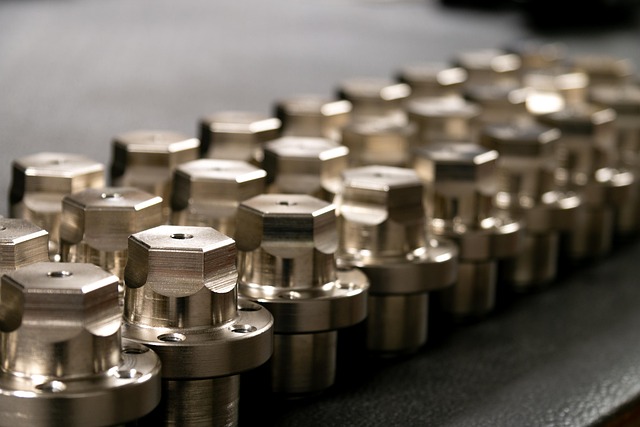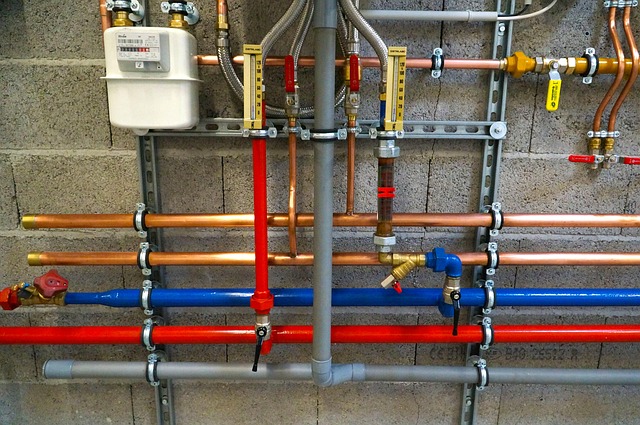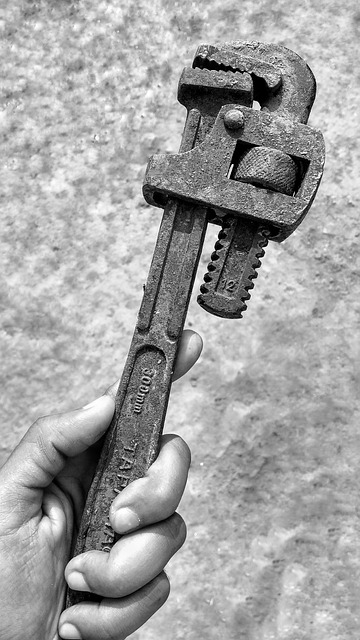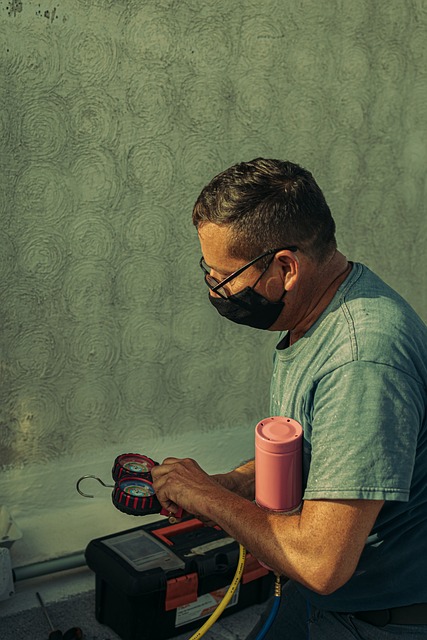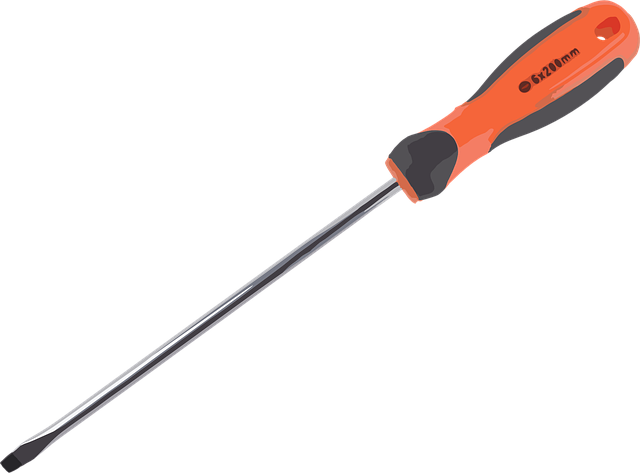Regular inspections and proper plumbing maintenance are essential for septic systems without municipal sewer access. These checks monitor water pressure, identify leaks, ensure efficient sediment removal, and inspect fixtures for replacements to maintain health and safety standards. Proactive tips prevent costly damage by keeping the system operational and effective, saving money and extending fixture lifespans. Early detection of issues through regular inspections saves costs, minimizes environmental damage from leaks, and prevents sediment buildup that reduces water flow. Timely fixture replacement ensures smooth plumbing operation and prolongs septic system longevity.
Regularly inspecting your septic system is vital for maintaining optimal performance and preventing costly repairs. This article guides you through essential aspects of plumbing maintenance, starting with an overview of how septic systems function and why they’re crucial for a clean environment. We’ll explore practical tips on scheduling regular inspections, effective leak prevention strategies, and addressing common issues like water pressure and sediment buildup. Additionally, learn about the importance of fixture replacement in ensuring a well-running septic system.
- Understanding Septic Systems: An Overview of Their Function and Importance
- Plumbing Maintenance Tips: Regular Inspections for Optimal System Performance
- Leak Prevention Strategies: Identifying and Addressing Common Causes
- Water Pressure and Sediment Removal: Ensuring a Clean and Efficient System
Understanding Septic Systems: An Overview of Their Function and Importance
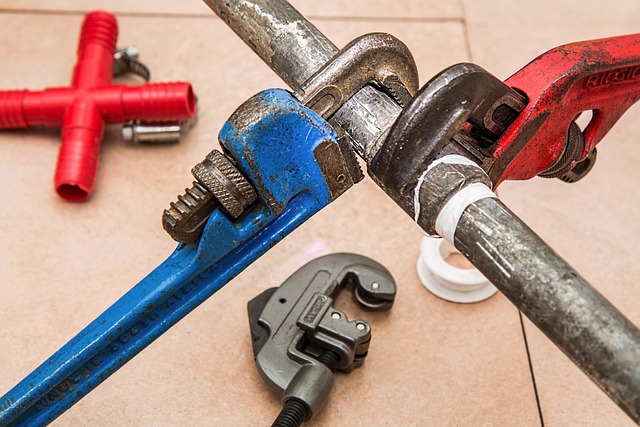
Septic systems are an essential part of many residential and commercial plumbing setups, especially in areas without access to municipal sewer systems. Understanding their function is crucial for effective maintenance and leak prevention. These systems facilitate the treatment and disposal of wastewater from homes and businesses by breaking it down into water and solid matter. The treated water then seeps into the soil, while solids are collected in a septic tank for later removal.
Regular inspections play a vital role in keeping these systems operational. During these checks, professionals can assess water pressure, identify potential leaks, and ensure efficient sediment removal. Moreover, they can inspect the condition of fixtures and components, recommending replacement when necessary to maintain optimal performance. This proactive approach to plumbing maintenance tips not only prevents costly damage but also guarantees the health and safety of those relying on the septic system.
Plumbing Maintenance Tips: Regular Inspections for Optimal System Performance

Regular inspections are a crucial aspect of proper plumbing maintenance. By scheduling routine checks, homeowners can ensure their septic systems operate efficiently and prevent potential issues from escalating. These inspections allow for early detection of any problems, such as leaks or blockages, which can lead to costly repairs if left unattended. For instance, identifying and repairing leaks promptly can save thousands in water waste and system damage.
During these visits, professionals should also assess water pressure, checking for any unusual fluctuations that could indicate a larger problem within the plumbing or septic system. Additionally, regular cleaning and sediment removal are vital to maintain optimal performance. Over time, sediments can accumulate, reducing water flow and potentially causing fixtures to function poorly or even require replacement. Therefore, staying on top of maintenance through inspections and proper care will ensure your plumbing system, including fixtures, continues to operate smoothly.
Leak Prevention Strategies: Identifying and Addressing Common Causes

Regular inspections are key in maintaining your septic system and preventing leaks. One of the primary causes of septic tank issues is water pressure buildup due to inefficient plumbing or obstructions, leading to potential damage and costly repairs. By conducting routine checks, you can identify weak spots before they turn into major problems. For instance, inspecting pipes for corrosion, cracks, or signs of wear and tear will help in preventing leaks and maintaining optimal water flow. Additionally, regular sediment removal is crucial as buildup can clog pipes and reduce the efficiency of your septic system, necessitating frequent fixture replacements over time.
Implementing leak prevention strategies involves addressing common causes such as faulty valves, broken pipelines, or misaligned fittings. Plumbing maintenance tips include checking for any leaks around fixtures and appliances connected to the septic system. Prompt action on detected issues can save you from extensive damage and costly repairs in the long run. Regular inspections also allow for early detection of problems that may be hidden behind walls or under floors, ensuring proactive solutions before they escalate into significant disruptions.
Water Pressure and Sediment Removal: Ensuring a Clean and Efficient System

Regular plumbing maintenance tips include keeping a close eye on your septic system’s water pressure and sediment buildup. Water pressure is vital; it ensures that waste flows efficiently through pipes and into the septic tank, where it undergoes treatment. However, excessive pressure can lead to leaks, especially in older or poorly maintained systems. Regular inspections help identify any issues early on, preventing costly repairs and minimizing environmental damage from potential leaks.
Sediment removal is another crucial aspect of maintaining a clean and efficient septic system. Over time, sediments like sand, gravel, and even small debris can accumulate in pipes, reducing water flow and potentially blocking fixtures. This not only affects the performance of your plumbing but can also lead to costly clogging issues. Regular inspections allow for the timely replacement of old or faulty fixtures, ensuring smooth operation and extending the lifespan of your septic system.







